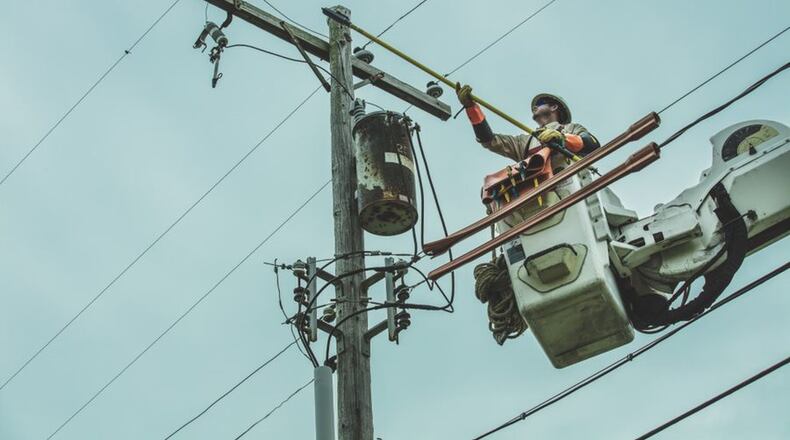Georgia will end in July a ban on shutting off utility service to consumers for unpaid Georgia Power and some natural gas bills.
Customers have been allowed to defer payment of monthly electric and natural gas bills since mid-March without threat of service cutoffs. The program was put in place as the economy slowed and unemployment soared amid the coronavirus pandemic.
Shutoffs will be allowed to restart July 1 for the 15 natural gas marketers in Atlanta Gas Light’s territory and July 15 for Georgia Power, the Georgia Public Service Commission ruled this week.
The change will hit during what usually is one of the hottest months of the year. And some U.S. utilities have reported higher-than-normal residential electricity consumption as people spend more time at home due to the pandemic.
The PSC’s staff pointed out that many of Gov. Brian Kemp’s pandemic-related restrictions have been lifted. In the case of AGL, crews now have better pandemic-related protections for when they go into homes. And leaving the moratorium in place risks having higher costs that could increase overall expenses for remaining ratepayers.
Customers who haven’t paid past utility bills are still responsible for them. Utility providers are expected to offer them installment payment plans.
Georgia Power said it waived late fees during the moratorium. AGL said individual gas marketers determine whether to assess late charges.
About 160,000 Georgia Power residential and commercial customers are more than 60 days late on their electric bills, according to the PSC. And AGL has projected that through the end of June more than 62,000 customers may be at risk of eventual shut offs for non-payment. It would take weeks to actually end service to them all.
Neil Sardana, an organizer for the Sierra Club’s Beyond Coal Campaign, had urged the PSC to block shutoffs until most unemployed workers are rehired and there is a significant decline in local coronavirus cases.
“Unfortunately, on both health and economic measures, this crisis is far from over,” he wrote in a statement.
Liz Coyle, who leads consumer advocacy group Georgia Watch, said she wants to make sure consumers aren’t suddenly hit with large utility bills and that their credit scores aren’t damaged by the process.
About the Author
The Latest
Featured



